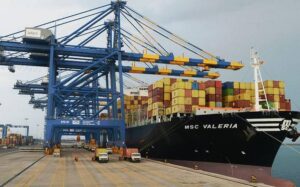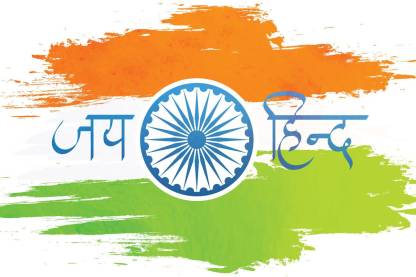
Chief Minister of Tamilnadu, M.K.Stalin had written letters to Chief Ministers of coastal states urging them to oppose the newly minted Indian Ports Bill 2021. He has stated that powers of a state government to control the minor ports within their jurisdiction is compromised by the new Act. He might have expected this letter to be a battle cry to rally fellow Chief Ministers under his scholarly leadership and to launch an intellectual assault on the Centre. Sadly, it betrays the lack of understanding of a subject which has global ramifications.
This Act of 2021 replaces the Indian Ports Act of 1908, popularly known as the minor ports act. There is no technical classification of ports into minor and major. Globally there are only two types of ports – anchorage and alongside. Major and minor ports are terms used only in the Indian context. The Major Ports Act, does not specify any requirements to declare a port as a major port. Historically, Major Ports are administered by the Central Government. Rest of the ports are known as Non-major ports.
Indian Ports Act of 1908 was for the whole of British India and princely states. There were no state governments as in the present sense. After independence, coastal states were asked to form Maritime Boards to administer the ports under their control. Such boards were established in different years. When states were formed on linguistic basis, this Act should have been discarded and a new one enacted. Instead, it was amended to include the coastal states. The inclusion did not happen at onego, but in six stages from 1963 to 1975. For example, if a G.O. states “government” one has to first check the date. If it is before 1964, it only refers to Gujarat and Maharashtra, because no other Maritime Boards were formed by then. Goa and Odisha do not have a Maritime Board yet. In short, there are more amendment provisions than the regular ones.
In the global scenario, there is a new stake holder, the United Nations. India is a signatory to many UN maritime conventions. The responsibility to implement these protocols are with the central government but no institutional mechanism to monitor and implement these protocols. Therefore the new Bill provides for setting up a council of coastal states and the Centre – the Maritime States Development Council (MSDC), Stalin stridently opposes the formation of MSDC. His vision is local but the Centre’s responsibility is global.
Today there is no structural mechanism to resolve port disputes between two neighbouring states. MSDC steps in. If a new economic opportunity involving multiple port administration arises, state governments have no structural arrangements. They must talk to each other on a case by case basis. MSDC provides a permanent and well-defined platform. Three decades ago we hadn’t heard about private ports. They are neither major or minor. The present Bill unambiguously appoints the state governments to oversee their administration. Thus states get additional powers; not less. If a state wishes to conduct a study about the hinterland of other states, it need not deal with them. Rather can ask MSDC to undertake such a study.
Does the new act retain all the powers of the state governments? Yes. Not even an iota of extant powers is reduced. The old Act contains 69 articles. 60 articles are repeated verbatim herein. Only those provisions that deal with the scope of the Act such as ‘definitions’ are changed. New provisions pertaining to MSDC are added. There is absolutely no erosion of the powers of the state governments. New powers are granted. Powers over private ports, Powers to instruct MSDC to conduct a survey/study, etc. The new Act confers powers of a civil court upon the state maritime boards. MSDC shall act as an appellate authority. This means the disputes will be settled within the ambit of the stakeholders, who have domain expertise. Protracted litigation in regular civil courts is ruled out.
The old Act refers only to steamship technology. It has no provision to govern diesel powered modern ships or new types of floating crafts such as an oil-rig. From 1908 to 2021, maritime technology, administration, conventions and protocols have come a long way. But the old Act hasn’t. Indian ports Act 2021 comes as a coherent legal framework replacing an outdated piece of legislation.
B.Prabakaran
Logistics Consultant, writer
Chennai

